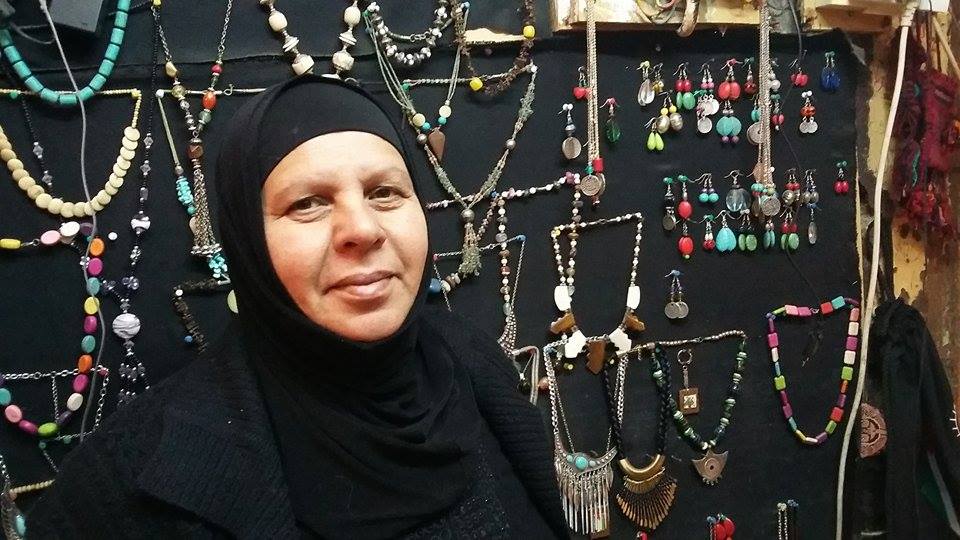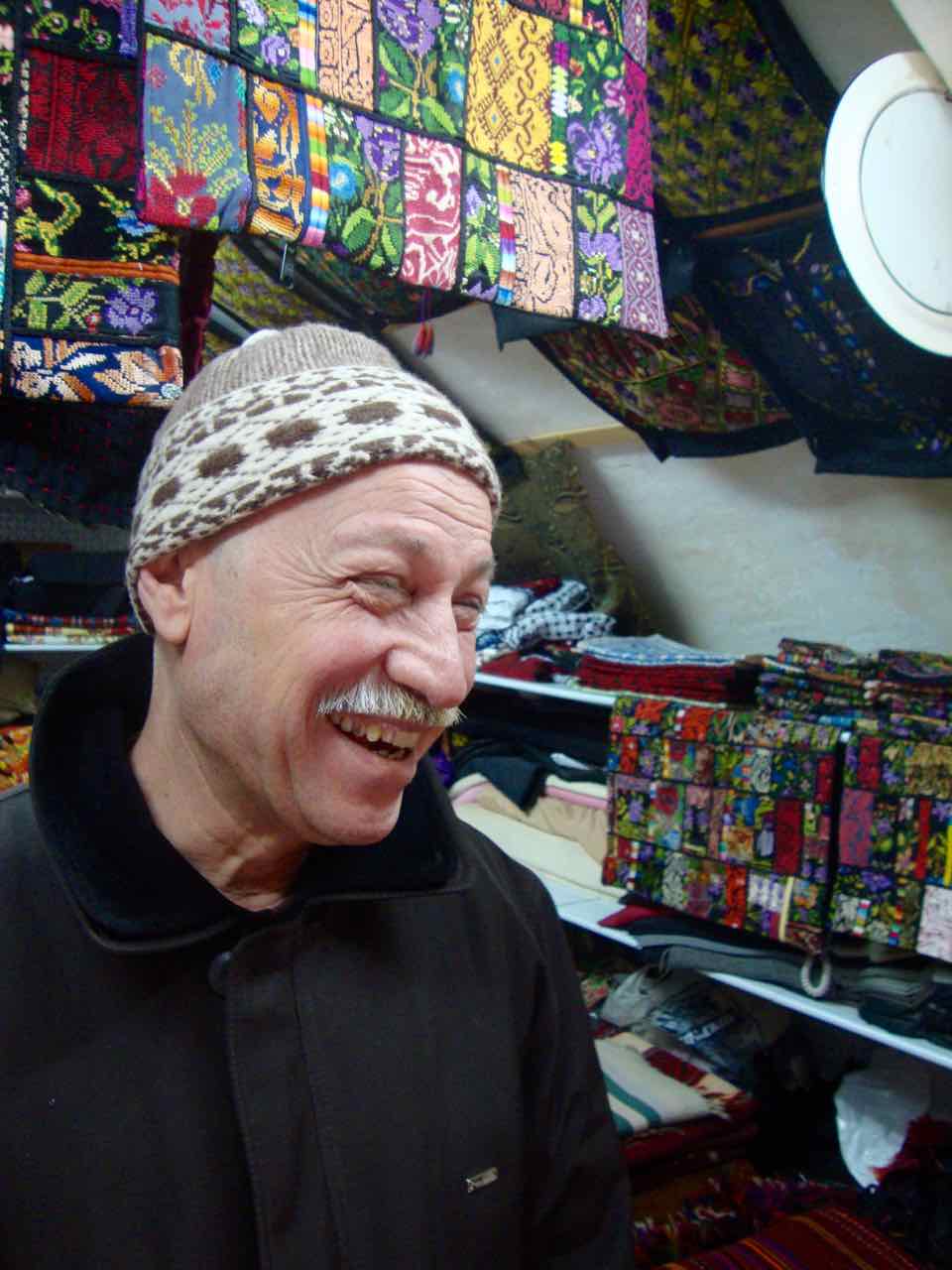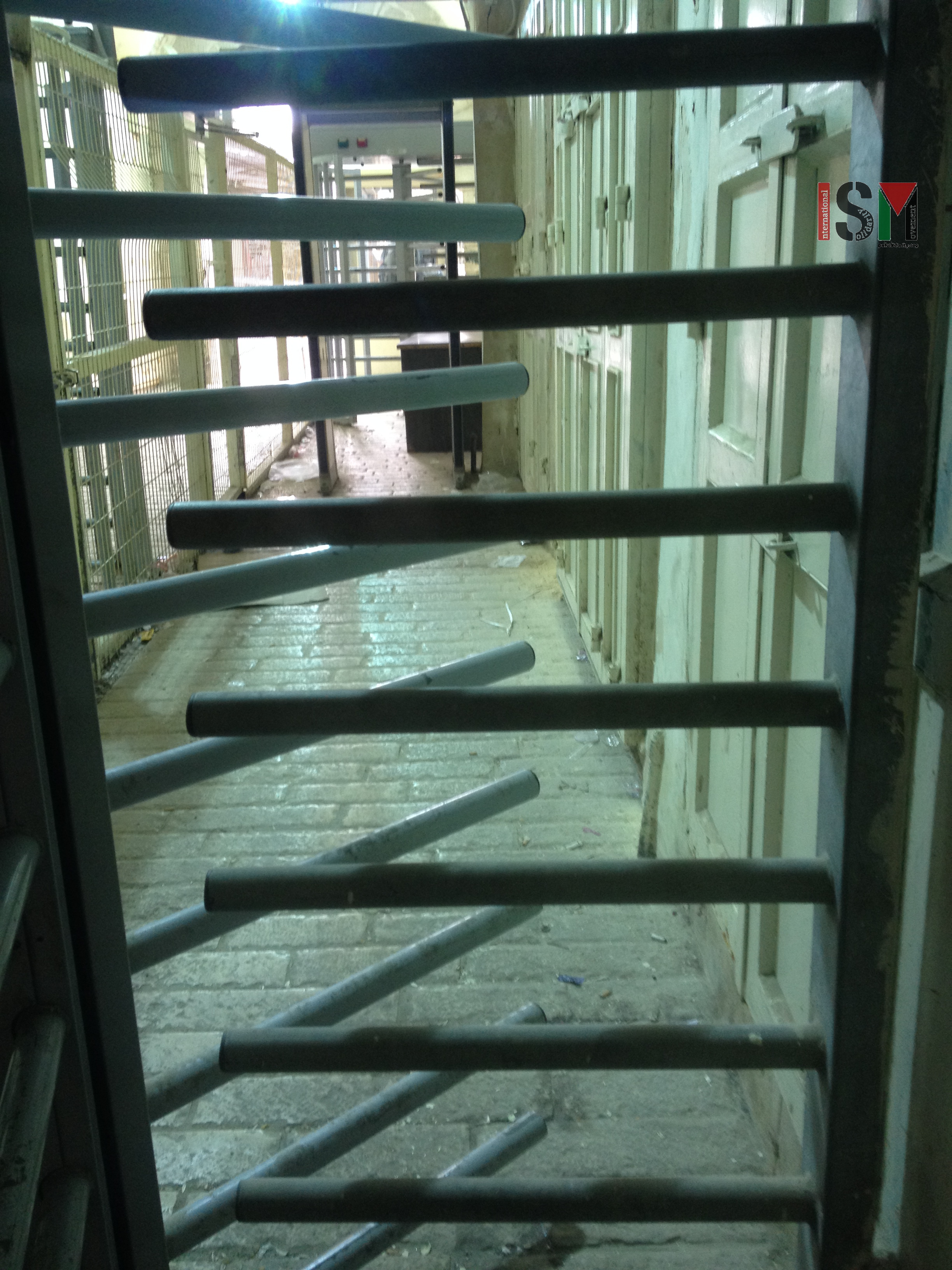Category: Journals
-
Laila: an unexpected entrepreneur and feminist
23rd March 2016 | International Solidarity Movement, al-Khalil team | Hebron, occupied West Bank I’ve wanted to find out more about Laila since I met her on my first day here. She is the only woman storekeeper in the souk and she has a bed and breakfast here. One evening I saw her standing up…
-
Jamal, steadfastness and a death
21st March 2016 | International Solidarity Movement, al-Khalil team | Ni’lin, occupied Palestine Jamal is younger than I am but he doesn’t look it. He is always there, as are all the storekeepers in the souk and he always greets us, as does nearly everybody (walking down the souk when it is open can be…
-
Checkpoint harassment – everyday ‘normality’?
17th March 2016 | International Solidarity Movement, al-Khalil team | Hebron, occupied Palestine Occupied al-Khalil (Hebron) is a city of far too many checkpoints. Operated by heavily armed Israeli forces, they create obstacles that all Palestinians must cross in order to go about their daily lives in al-Khalil: to go to school or work, to…



